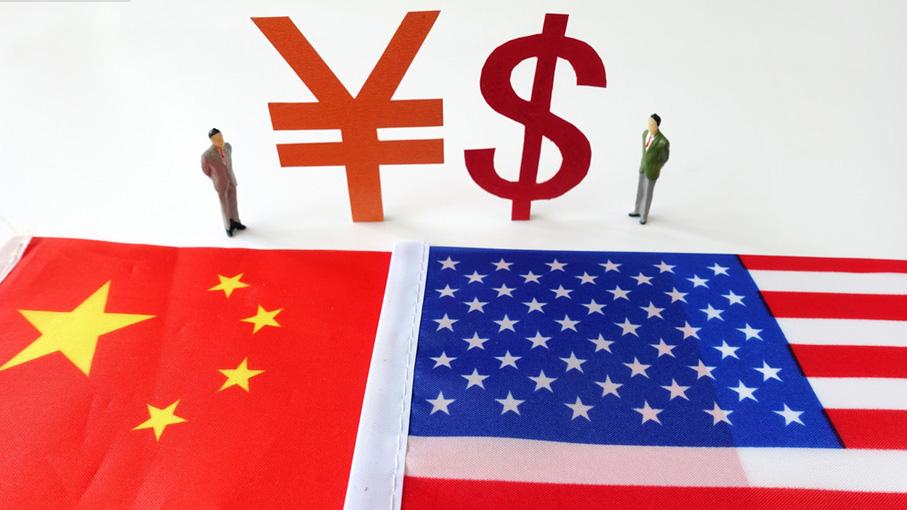If a change to China-US ties only ferments grievances instead of increasing mutual trust, then the resulting negative emotions among their publics could be catastrophic, Ma Xiaoye, founding president of the Academy of World Watch, a Shanghai-based NGO research institute, wrote for
SinoUS Focus.
The foundations of exchanges between China and the US involve economics and trade, two fields where exchanges of interests can resolve conflicts, Ma said.
Holding talks could prevent trade frictions from dragging bilateral ties into a downward spiral and instead start a comprehensive relations adjustment through trade ties, he explained.
Initial progress in resolving trade frictions would be just the first step of an across-the-board change of China-US ties that would cover ideology and politics, military and security, unconventional security, and regional hotspot issues, he wrote.
But how these rounds adjustments will turn out may not depend solely on their leaders, Ma warned. It merits caution whether mutual trust between its two peoples and at other non-governmental levels will be strengthened by the progress on trade issues or worsened.
In the past, public diplomacy intensified negative views between nations. Now the internet, populism, and some public diplomacy threaten to constrain bilateral ties and push them in a direction not in line with their interests, Ma said.

 Old Version
Old Version